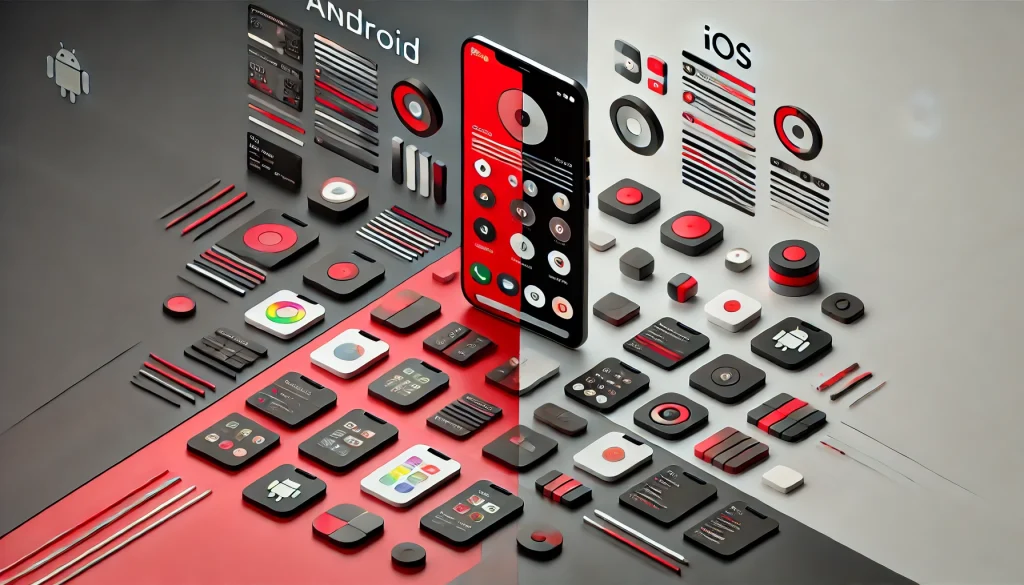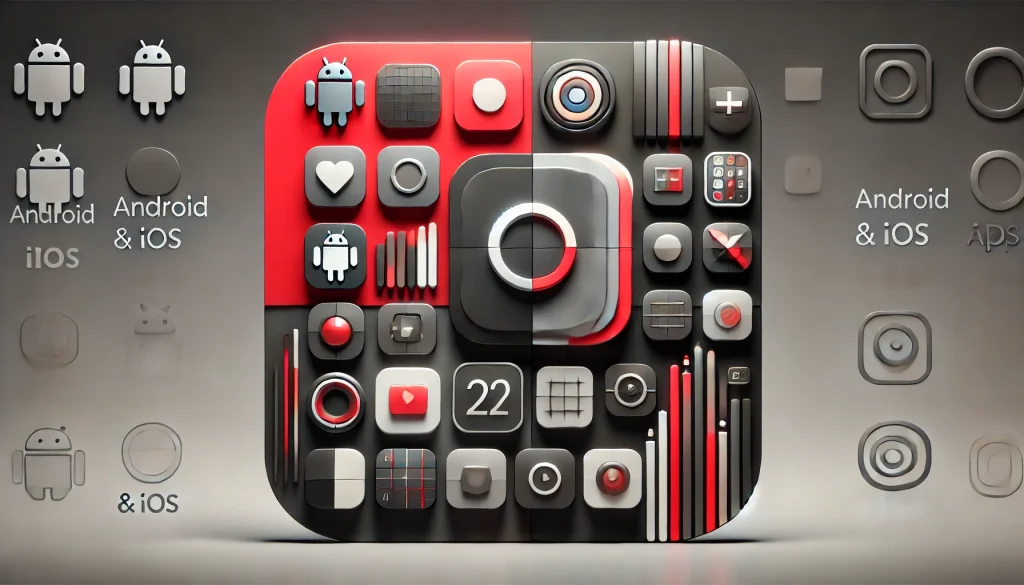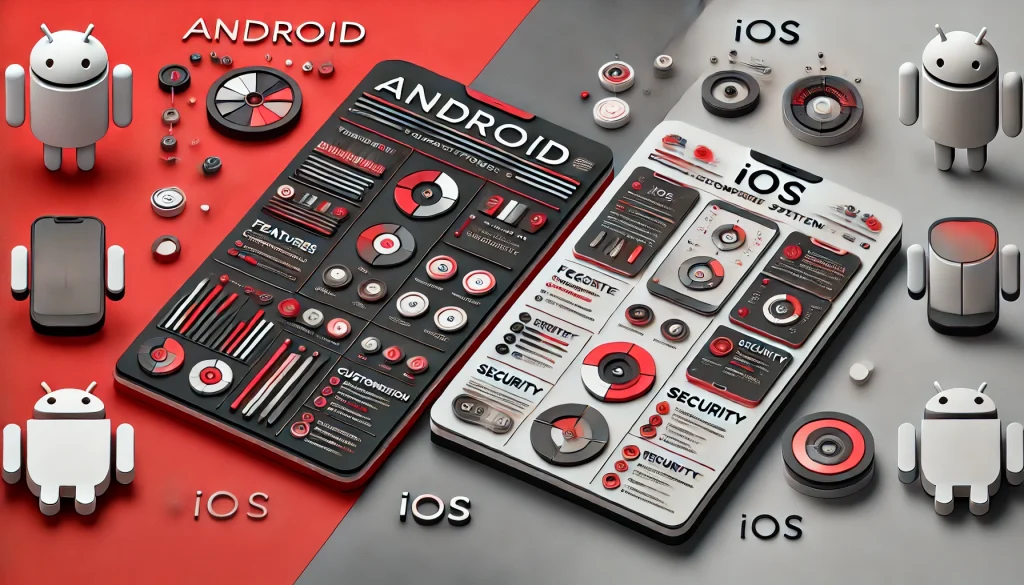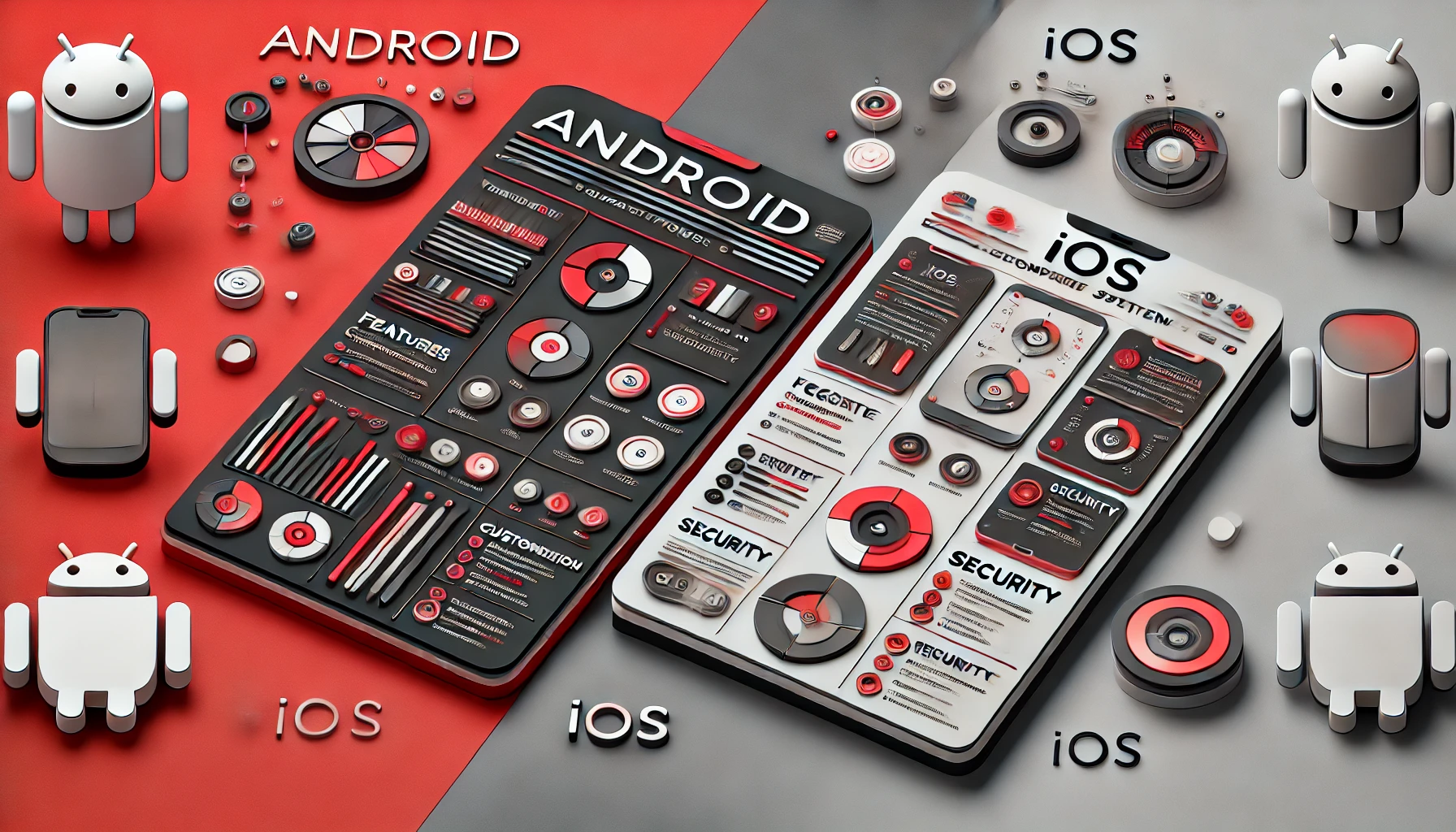
The debate between Android and iOS remains one of the tech world’s most intense rivalries, fueled by each platform’s unique approach to user experience, customization, and software updates. As both Google and Apple have released major updates in 2024, Android and iOS fans are wondering which OS truly delivers the most enhanced experience this year. Industry experts and users alike have their opinions, but evaluating these latest upgrades reveals substantial insights into the platforms’ strengths and limitations. This comparison aims to break down the key elements that set Android and iOS apart in 2024, helping you make an informed choice based on your preferences and needs.
Overview of Android vs iOS in 2024

Android and iOS are the two dominant mobile operating systems, each defining the smartphone experience differently. Android offers unmatched customization, an open-source framework, and wide compatibility with various hardware. In contrast, iOS 18 maintains a seamless integration with the Apple ecosystem, offering a streamlined user experience, security, and proprietary apps that attract millions of dedicated users.
Both platforms have introduced significant updates in 2024, with Android focusing on refined design aesthetics and enhanced AI integration, while iOS has introduced more immersive user features like interactive widgets and personalized notifications. As of this year, Android remains available across diverse manufacturers like Samsung, Google, and OnePlus, while iOS 18 is exclusive to Apple’s iPhone devices. This article examines how these differences influence user experience, with insights on both OSs’ latest versions to help you decide which suits your lifestyle best.
Comparison: Android vs iOS
Design and User Interface
Android has introduced a more unified design language with Material You, allowing users to personalize their interface with unique color themes and layout adjustments. In contrast, iOS 18 offers a more refined interface, but it remains largely consistent across all iPhone devices. This predictability in design may appeal to users seeking a cohesive and simplified experience.
Ease of Navigation: iOS emphasizes simplicity, with a straightforward app layout and improved widget functionality. Android, on the other hand, grants more control over home screen layouts, widgets, and app folders. Users who enjoy customizing their phone interface may prefer Android’s flexibility.
AI and Assistance: Android’s Google Assistant continues to set the bar high in voice assistance, integrating seamlessly with third-party apps and smart devices. While iOS’s Siri has improved over the years, it still has limitations compared to Google Assistant, particularly in search efficiency and context awareness.
Privacy and Security
When it comes to privacy, Apple has consistently marketed iOS as the superior choice. iOS 18 offers comprehensive privacy controls, with features such as App Tracking Transparency and Mail Privacy Protection, which minimize the amount of data apps can collect on users. In contrast, Android has made strides in improving privacy, yet it still trails behind iOS in enforcing stringent privacy measures across all apps. For those concerned with data security, iOS may offer a more trustworthy option.
App Ecosystem and Quality
The Apple App Store is known for its strict app screening process, which ensures that apps are of high quality and safe for users. In contrast, Android’s Google Play Store offers a broader selection of apps, though its screening process is often less restrictive, allowing for more flexibility but also occasional issues with app quality and security. Users who prioritize app diversity may appreciate Android’s selection, while those seeking secure, high-quality applications may lean toward iOS.
Pros and Cons
| Parameter | Android | iOS |
|---|---|---|
| Customization | Extensive personalization options | Limited customization, consistent interface |
| App Variety | Wide variety, but quality can vary | Fewer apps but rigorous quality control |
| Voice Assistance | Google Assistant offers more robust features | Siri is improving but lacks contextual intelligence |
| Privacy Controls | Growing focus on privacy but less stringent than Apple | Strong focus on privacy with App Tracking Transparency |
| Device Range | Available across a broad range of devices and price points | Exclusive to Apple devices |
| Ecosystem Integration | Good integration with Google and other services, though less cohesive than Apple’s | Strong integration within the Apple ecosystem, from iCloud to Apple Watch and AirPods |
Pros of Android and iOS
Android:
- Customization: Android allows users to tweak almost every aspect of their interface, from themes to widgets, offering a highly personalized user experience.
- Device Options: With Android’s availability across brands like Samsung, Google, and OnePlus, users can find devices at various price points, allowing for more flexibility in budget and features.
- Google Assistant: The integration of Google Assistant with Android enables advanced voice controls, making it easier to perform tasks hands-free.
- App Variety: Android’s open-source framework allows for a wide array of applications, giving users diverse choices for productivity, entertainment, and more.
iOS:
- User Interface: iOS is renowned for its sleek, consistent design, which many find easy to navigate and aesthetically pleasing.
- Privacy and Security: iOS takes the lead in privacy with features like App Tracking Transparency, enhancing control over app permissions and data security.
- Ecosystem: iOS users enjoy seamless integration with the Apple ecosystem, enhancing cross-device functionality for those who own multiple Apple products.
- App Quality: With strict guidelines in place, the App Store ensures high-quality apps, reducing the risk of downloading unsafe applications.
Cons of Android and iOS
Android:
- Security Concerns: Due to the Google Play Store’s open policy, Android is more susceptible to malware and security vulnerabilities than iOS.
- Software Fragmentation: Due to diverse manufacturers and devices, not all Android users receive timely updates, potentially affecting user experience.
- Battery Optimization: While improving, some Android devices still face battery drainage issues, especially those running heavy applications or extensive background processes.
iOS:
- Limited Customization: iOS does not allow much flexibility in terms of interface customization, which may feel restrictive for some users.
- Compatibility: iOS is exclusive to Apple devices, meaning it’s accessible only to those with an iPhone.
- Cost of Devices: iPhones are generally more expensive, which can limit accessibility to the iOS ecosystem for budget-conscious users.
In-Depth Analysis of Android vs iOS User Experience

Design
Android’s Material You design language continues to evolve, focusing on personal customization while creating a more cohesive appearance across devices. iOS 18 leans toward a classic aesthetic, providing users with minor customization options but maintaining a highly intuitive and easy-to-use interface.
Functionality
Both operating systems have made strides in terms of functionality, but they prioritize different aspects. Android emphasizes adaptability and compatibility, making it ideal for users who rely on various brands and devices. Conversely, iOS 18 thrives on a unified ecosystem, creating a seamless experience that connects Apple’s products efficiently, from the iPhone to the Apple Watch and MacBook.
Performance and Stability
Android’s stability can vary due to its availability on diverse hardware; however, high-end devices, such as the Google Pixel series, deliver a smooth experience. iOS 18, being exclusive to Apple devices, benefits from optimized software-hardware integration, resulting in superior performance and consistent updates across devices.
Conclusion
Both Android and iOS present compelling experiences for different types of users. Android shines in customization and device options, while iOS 18 excels in privacy and ecosystem integration. Ultimately, if personalization and flexibility are important, Android is the superior choice. However, for a secure and consistent experience across all devices, iOS stands out as the winner for many users in 2024.
FAQ
Which is more customizable, Android or iOS?
Android offers extensive customization options, allowing users to personalize almost every aspect of the interface, unlike iOS.
Does iOS offer better privacy than Android?
Yes, iOS 18 is known for robust privacy controls, providing users with extensive data protection and security features.
Can I use Google services on iOS?
Yes, most Google services, such as Gmail and Google Drive, are available on iOS, although they integrate more naturally with Android.
Resources
- Android Authority. iOS vs Android
- Digital Spy. iPhone vs Android
- Digital Trends. Android vs iOS
- New York Times Wirecutter. iOS vs Android
- PCMag. Android vs iOS: Which Mobile OS is Best?

Brijesh Gohil is the founder of Tech Brij, A popular Tech Blog which is focused on Tech tips & Buying Guides. You can follow him on Facebook, Twitter, Google + & LinkedIn.

